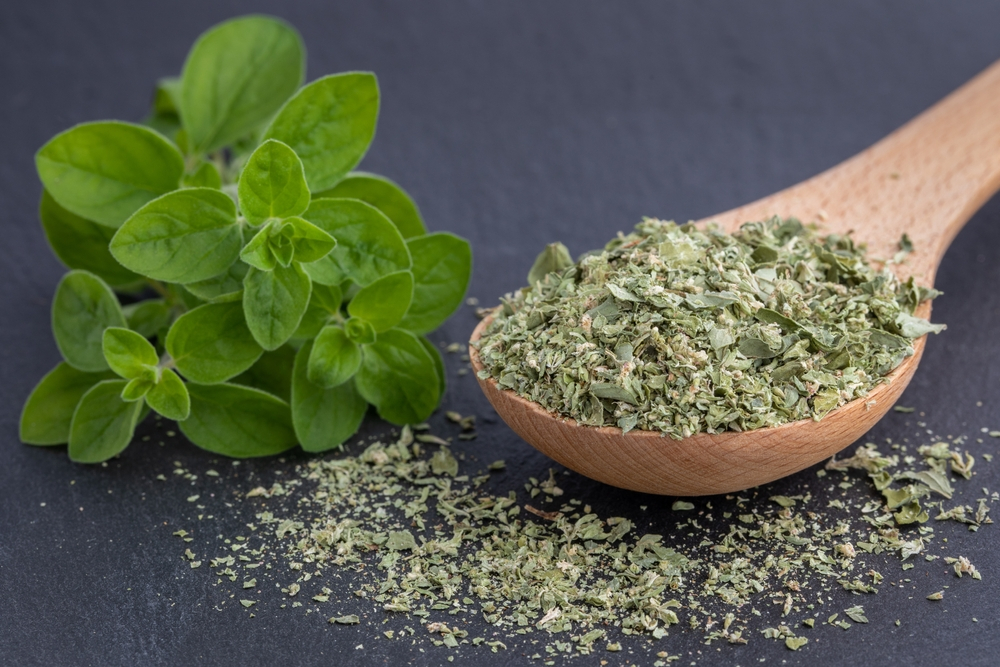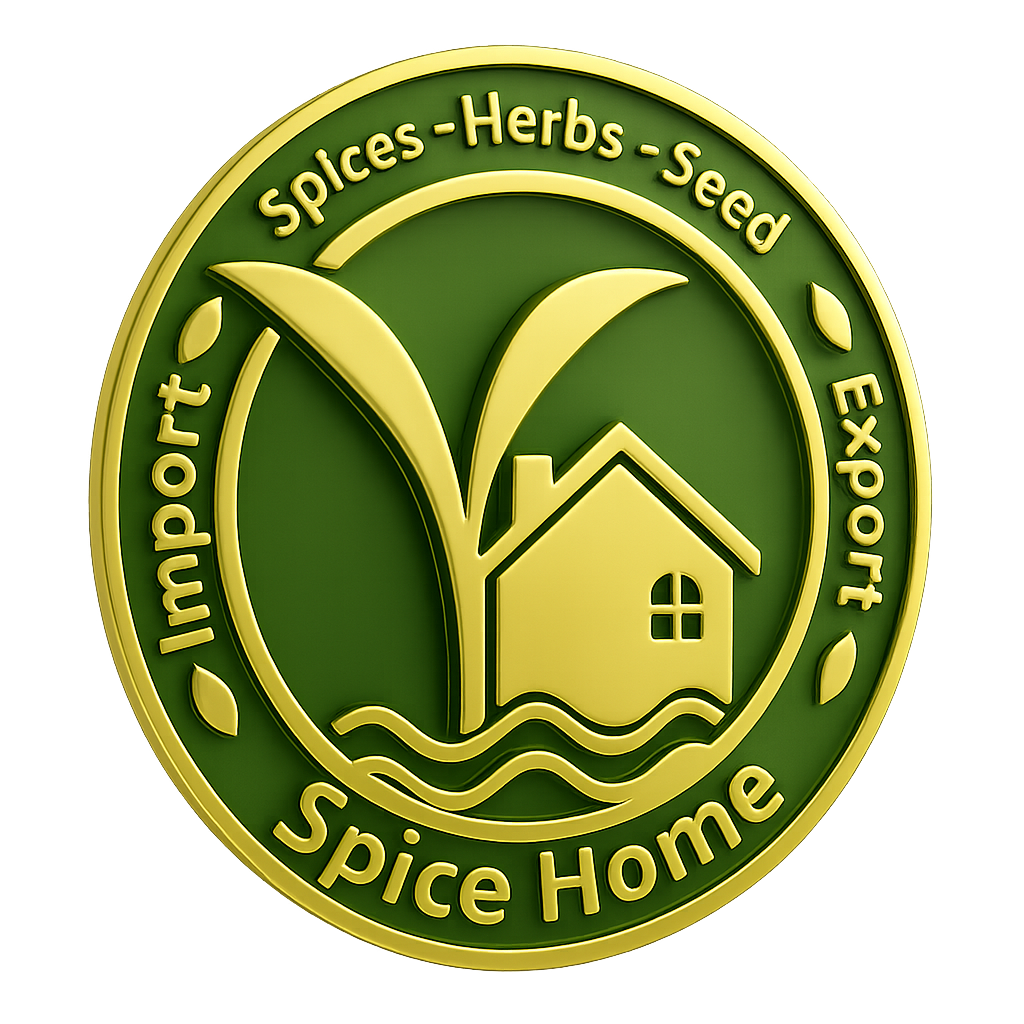Marjoram Usage in the Meat Industry: An Ancient Herb in Modern Applications
The culinary and medicinal uses of marjoram (Origanum majorana) have been appreciated for centuries. This fragrant herb, native to the Mediterranean, is a member of the mint family and is closely related to oregano. With its mild, sweet, and slightly spicy flavor, marjoram has found its way into numerous global cuisines. One of its significant yet less recognized roles is its use in the meat industry, where it enhances flavor, improves preservation, and adds to the overall quality of meat products.

Flavor Enhancement in Meat Dishes
Marjoram’s delicate, warm flavor makes it an ideal companion for a wide variety of meats. From poultry to beef, lamb, pork, and even seafood, marjoram adds a depth of taste without overpowering the natural flavor of the meat. This herb is particularly known for pairing well with fatty meats, where its slightly sweet and citrusy notes balance out the richness.
In sausage production, especially in traditional European varieties, marjoram is a key ingredient. German sausages like bratwurst, for instance, often use marjoram to give them their distinctive flavor. Its subtle aromatic profile complements the fattiness of the meat and the other spices, creating a more complex and pleasing taste. Similarly, marjoram is commonly used in stuffing mixtures for poultry, enhancing the savory aspect of the dish.
Marjoram as a Natural Meat Preservative
Beyond its flavoring abilities, marjoram has also gained attention for its preservative properties. The meat industry, continuously seeking natural alternatives to synthetic preservatives, has found herbs and spices, including marjoram, to be effective. Marjoram contains several bioactive compounds, such as flavonoids and phenolic acids, which possess antioxidant and antimicrobial properties.
These compounds slow down the oxidation process of fats in meat, which is one of the leading causes of spoilage. Oxidation not only diminishes the flavor and texture of meat but can also pose health risks due to the formation of harmful compounds. By using marjoram in marinades or rubs, processors can naturally extend the shelf life of meat products.
Furthermore, marjoram’s antimicrobial activity helps in reducing the growth of spoilage bacteria and pathogens, including Escherichia coli and Salmonella, which are common culprits in meat contamination. While not a replacement for modern sanitation practices, the inclusion of marjoram can enhance the overall safety of meat products.
Health Benefits: An Added Value
The health-conscious consumer of today is increasingly aware of the benefits of natural ingredients. Marjoram adds not just flavor but also nutritional benefits to meat products. It is rich in vitamins A, C, and K, and provides essential minerals such as calcium, magnesium, and potassium. Additionally, the antioxidants present in marjoram can support overall health, reducing inflammation and contributing to a well-functioning immune system.
This aligns well with the growing trend toward “clean label” products in the food industry, where consumers prefer to purchase products with fewer artificial additives. Meat producers are capitalizing on this trend by marketing marjoram as a natural, healthy, and functional ingredient in their products.
Applications in Processed Meat Products
The use of marjoram isn’t limited to fresh cuts of meat. In processed meats, marjoram continues to play a significant role. In sausages, cured meats, and even ready-to-eat meals, marjoram can be included as part of spice blends or directly infused into the meat.
In the production of cold cuts and deli meats, marjoram provides both flavor and shelf-life benefits. Its ability to enhance the taste while acting as a natural preservative makes it a popular choice among manufacturers who wish to create high-quality products without relying on synthetic chemicals.
The Future of Marjoram in the Meat Industry
As consumer preferences evolve, the demand for natural, minimally processed foods continues to rise. Herbs like marjoram are expected to play an even larger role in the meat industry. There is growing interest in exploring its potential as a functional ingredient that not only improves taste but also provides health benefits and extends product shelf life. Research on the herb’s antioxidant and antimicrobial properties is likely to deepen, offering new insights into how it can further contribute to the safety and quality of meat products.
Additionally, marjoram’s versatility allows it to be easily incorporated into various meat products, from traditional recipes to innovative new applications in plant-based meat alternatives, where flavor replication is key. The use of natural herbs like marjoram in these products will help mimic the taste profile of real meat while offering a clean label that appeals to modern consumers.


